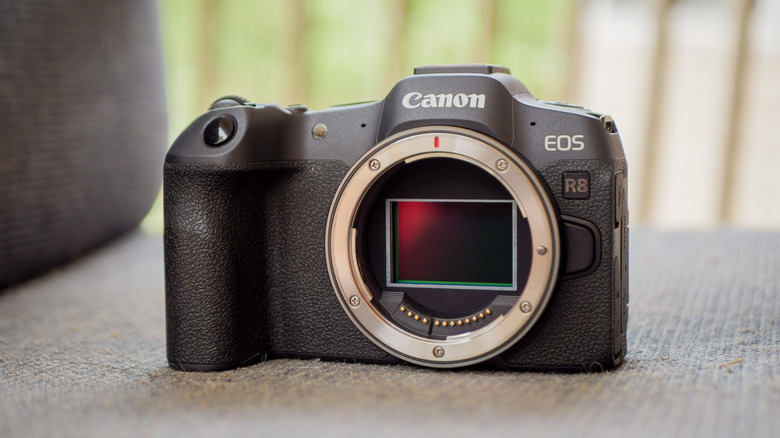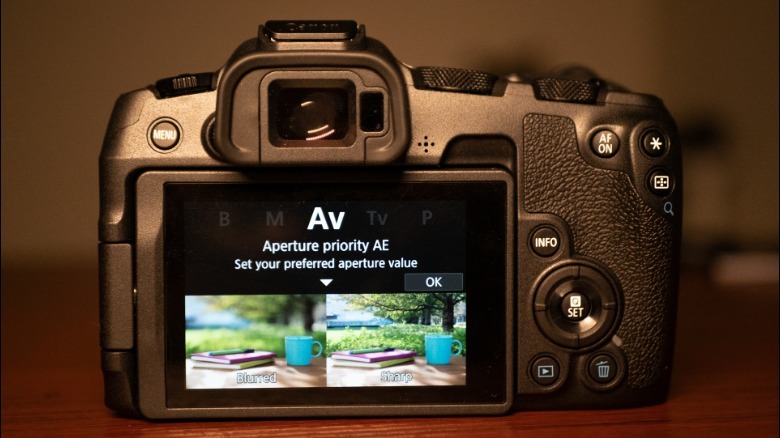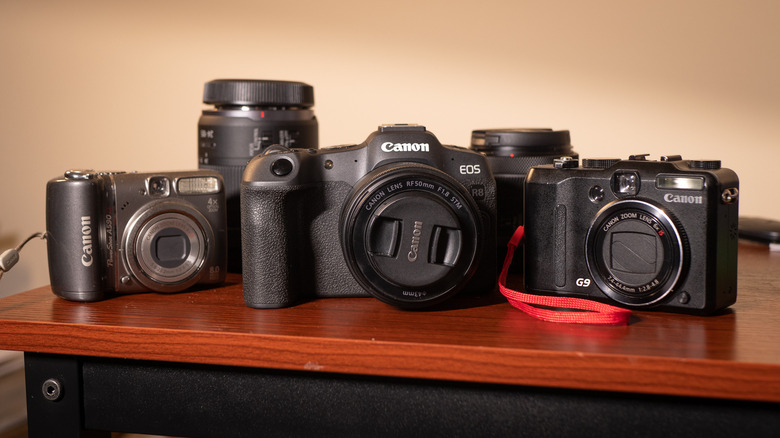Is The Canon EOS R8 Good For Beginners?
The Canon EOS R8, released on April 18, is poised to be the brand's new entry-level full-frame body. It packs the performance of a professional sensor into a compact lightweight body, making the R8 a tempting prospect for enthusiasts and beginners looking to level up their photography. Compared to crop sensor cameras, the R8 gives a wider field of view and improved low-light performance. With the appropriate adaptor, vintage film lenses can be mounted to the body while utilizing the full image area.
Like most mirrorless cameras, beginners can use the Canon R8 in fully automatic mode. If they want to use the camera to its full creative potential, as we did for our full Canon EOS R8 review, they should learn about other exposure modes like aperture priority. Luckily, the R8's interface contains short tutorial pop-ups that help explain each mode when the user switches to them. This special feature helps make the camera's various settings more accessible to beginners. Within the user menu, custom settings also get detailed explanations that can be read by pressing the "info" button.
The biggest knock against the R8 as a beginner's camera is its $1,500 price tag. That's cheap for a full-frame camera, but it's still a lot of cash to expect from a hobbyist. For the time being, the R8's predecessor, the Canon RP, is also available for a lower $1,000. The body design of the RP is basically identical to the R8, but its sensor is more dated and the video features are much less capable.
Affordable Alternatives
The Canon R8 will be a good upgrade for those looking to trade in their crop sensor camera, but it's a more difficult sell for someone who has never used an interchangeable lens camera before. As a pure beginner, you may want to look into a comparable crop sensor body, like the EOS R50. The R50 has a similar 24-megapixel resolution to the R8, but on a smaller sensor, for a more affordable $680. An Older DLSR design like the EOS Rebel T7 can be had brand new with a kit lens for only $400. The Rebel however will not have access to 4K video. Crop lenses will also generally be cheaper than their full-frame counterparts.
When making your first big camera purchase, it's essential to ask yourself what environments you expect to shoot in. If you expect you will do a lot of twilight photography or take pictures of events in dimly lit rooms, then the jump to a full-frame camera may be worth the extra cash. However, a crop sensor camera can be a more affordable way to dip your toe into the water.


